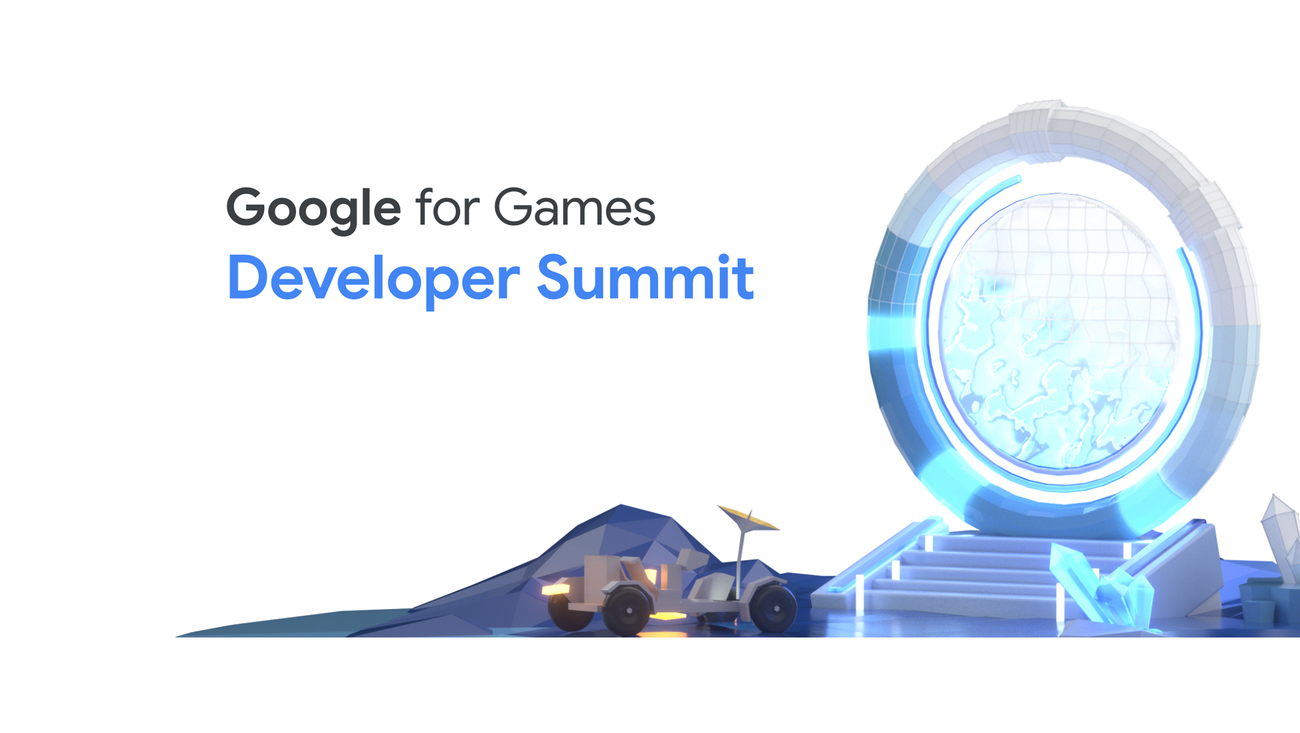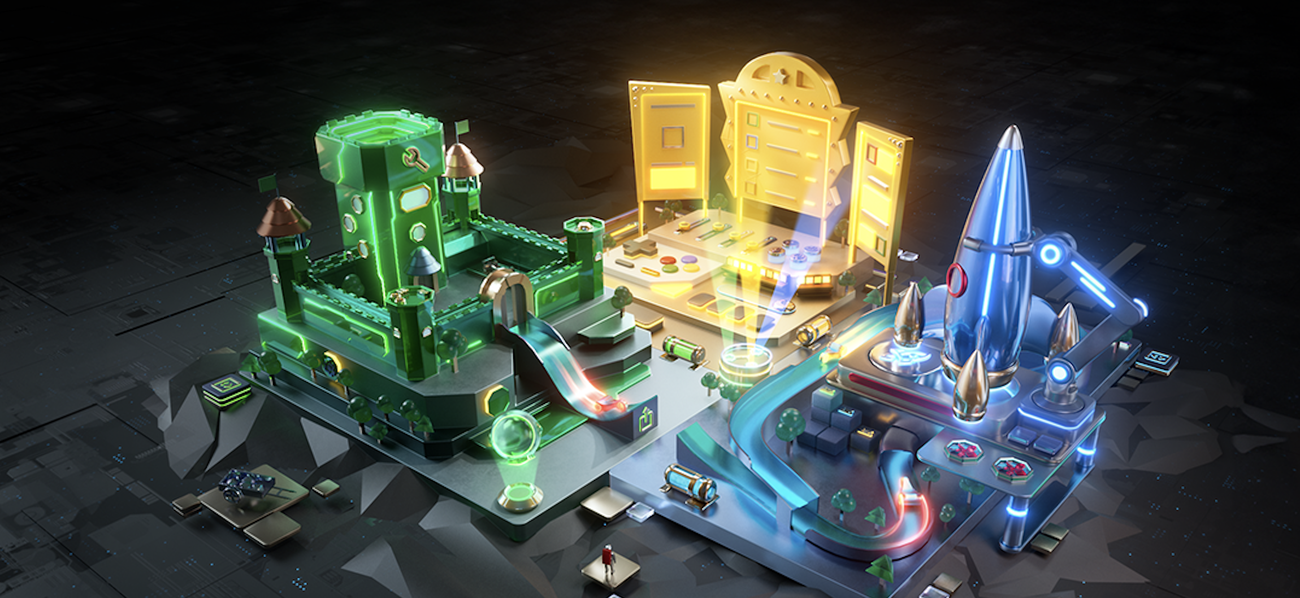Posted by Meghan Mehta – Android Developer Relations Engineer
https://www.youtube.com/watch?v=-GikklXjkgM
#1 Agentic AI is available for Gemini in Android Studio
Gemini in Android Studio is the AI-powered coding companion that makes you more productive at every stage of the dev lifecycle. At Google I/O 2025 we previewed new agentic AI experiences: Journeys for Android Studio and Version Upgrade Agent. These innovations make it easier for you to build and test code. We also announced Agent Mode, which was designed to handle complex, multi-stage development tasks that go beyond typical AI assistant capabilities, invoking multiple tools to accomplish tasks on your behalf. We’re excited to see how you leverage these agentic AI experiences which are now available in the latest preview version of Android Studio on the canary release channel.
You can also use Gemini to automatically generate Jetpack Compose previews, as well as transform UI code using natural language, saving you time and effort. Give Gemini more context by attaching images and project files to your prompts, so you can get more relevant responses. And if you’re looking for enterprise-grade privacy and security features backed by Google Cloud, Gemini in Android Studio for businesses is now available. Developers and admins can unlock these features and benefits by subscribing to Gemini Code Assist Standard or Enterprise editions.
https://www.youtube.com/watch?v=KXKP2tDPW4Y
#2 Build better apps faster with the latest stable release of Jetpack Compose
Compose is our recommended UI toolkit for Android development, used by over 60% of the top 1K apps on Google Play. We released a new version of our Jetpack Navigation library: Navigation 3, which has been rebuilt from the ground up to give you more flexibility and control over your implementation. We unveiled the new Material 3 Expressive update which provides tools to enhance your product’s appeal by harnessing emotional UX, making it more engaging, intuitive, and desirable for your users. The latest stable Bill of Materials (BOM) release for Compose adds new features such as autofill support, auto-sizing text, visibility tracking, animate bounds modifier, accessibility checks in tests, and more! This release also includes significant rewrites and improvements to multiple sub-systems including semantics, focus and text optimizations.
These optimizations are available to you with no code changes other than upgrading your Compose dependency. If you’re looking to try out new Compose functionality, the alpha BOM offers new features that we’re working on including pausable composition, updates to LazyLayout prefetch, context menus, and others. Finally, we’ve added Compose support to CameraX and Media3, making it easier to integrate camera capture and video playback into your UI with Compose idiomatic components.
https://www.youtube.com/watch?v=89UusPuz8q4
#3 The new Kotlin Multiplatform (KMP) shared module template helps you share business logic
KMP enables teams to deliver quality Android and iOS apps with less development time. The KMP ecosystem continues to grow: last year alone, over 900 new KMP libraries were published. At Google I/O we released a new Android Studio KMP shared module template to help you craft and manage business logic, updated Jetpack libraries and new codelabs (Getting started with Kotlin Multiplatform and Migrating your Room database to KMP) to help you get started with KMP. We also shared additional announcements at KotlinConf.
https://www.youtube.com/watch?v=gP5Y-ct6QXI
Learn more about what we announced at Google I/O 2025 to help you build better apps, faster.











 Announcing Google for Games Developer Summit 2021, an online event to help game developers grow your business.
Announcing Google for Games Developer Summit 2021, an online event to help game developers grow your business.